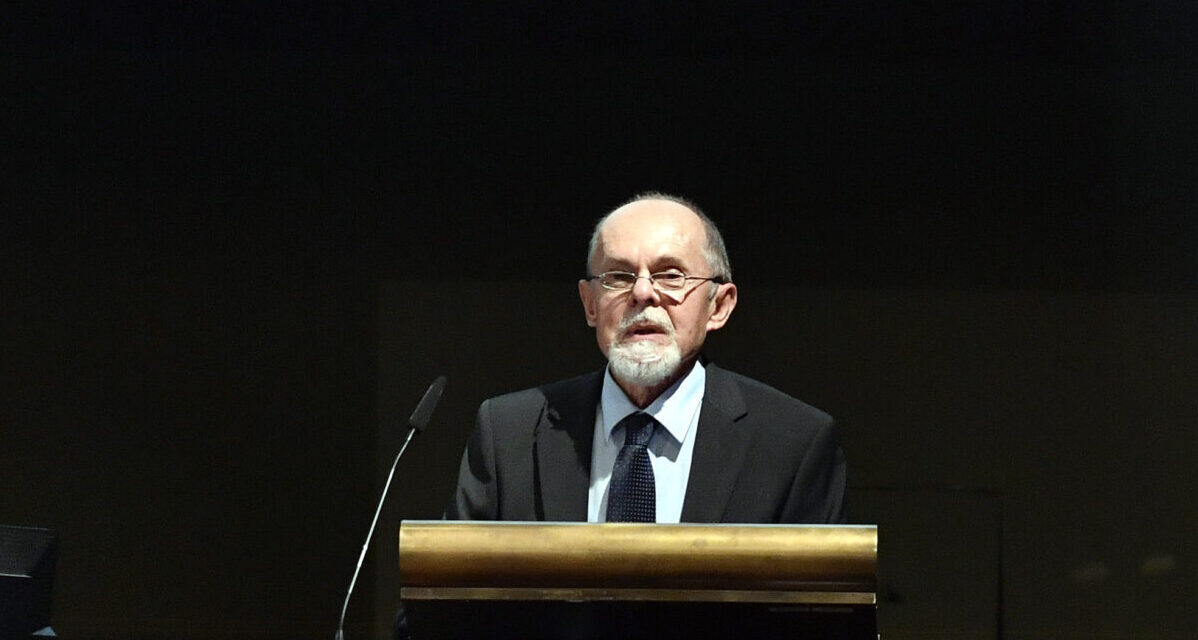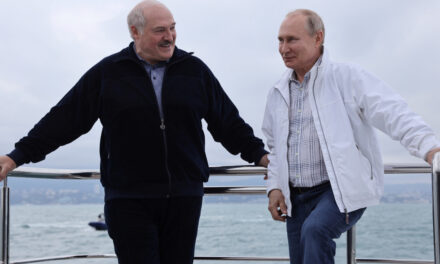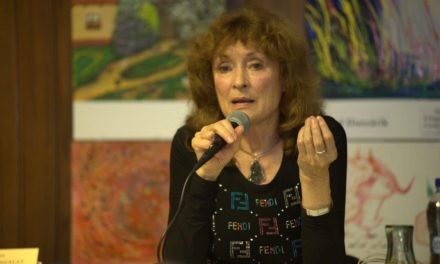The world today is the scene of a multidimensional global war: some of the "front lines" of the war are spectacular and bloody, while there are also much more hidden ones. Written by László Bogár.
According to the Chinese horoscope, 2024 is the year of the Dragon, which will be characterized by great changes swirling with extremely fast, impulsive energies. In this regard, it is interesting to ponder why there is such a deep difference between the "Eastern" dragon and the "Western" dragon.
While in Western fairy tales the dragon is the embodiment of cosmic destructive energies, in the East, especially in ancient Chinese culture, the dragon embodies, on the contrary, the deepest logic of the interpretation of existence. "Translated" into the language of Hungarian folk tales, the Chinese dragon corresponds much more to what the táltos paripa means in our ancient stories. He is the epitome of calm, in-depth knowledge of existence, wisdom and faithful service, without whose self-sacrificing help the hero of our tales would often fail for good. (And yet the táltos turns to the hero immediately: "What do you command, my dear master").
It is therefore no coincidence that the dragon is the main character of all ancient Chinese ceremonies, the main symbol of the energies necessary for a wise interpretation of the world.
And what a denial, there is hardly anything more important for the world now than wisdom based on in-depth knowledge, on which correct decisions can be based in this increasingly swirling dramatic vortex.
According to the Eastern interpretation of existence, the Dragon teaches precisely how the cosmic energies inherent in man can be directed so that human actions are not destruction, but manifestations of well-thought-out creative energies. This is also why Eastern wisdom advises us not to have fear, anxiety, worry, anger, rage, or temper, because these cloud our judgment. On the other hand, if we cannot judge correctly, then we cannot decide correctly, and if we cannot decide correctly, then we cannot act correctly either.
And if a human community, which can even be humanity as a whole, proves permanently incapable of doing the right thing, it can have dramatic consequences.
And if we look around the world of January 2024, we will be confronted almost exclusively with these dramatic consequences. And while the increasingly destructive consequences of the "unthought thought" manifest themselves in ever more menacing ways in our world, right now, at the beginning of the year, we can't help but take stock of the critical junctures that could define this year and the times to come. its fundamental changes.
The world today is the scene of a multidimensional global war. Some of the "front lines" of the war are spectacular and bloody, while there are also much more hidden, so to speak, "invisible" front lines, which, precisely because of their "invisibility", can be the bearers of more dangerous consequences than the "visualized" front lines, which can often be interpreted as bloody pageants.
The deepest reason for this multidimensional "war of existence" is the fatal attempt of the modern West to make the world a unified civilization, which of course meant the "westernization" of the world, i.e. the dictatorship of existence of the modern West.
Ironically, the combination of liberal democracy and free market economy, in contrast to its apologetic self-presentation, represents the most parasitic and destructive dictatorship in world history.
This is the fundamental lie of existence that defines everything, and since, as István Bibó puts it, "you cannot and should not call things by their names", this is how the increasingly confused swirl of a world that has reached the end of a dead end remains.
The systematic collapse of America as a global empire (just like the empires of the last five centuries before it) is a great drama in itself, but the impending collapse of the entire way of organizing the existence of the modern West is even greater and a tragedy that pervades the entire human existence. Mainly because the world is completely unprepared for the consequences of this in a spiritual sense. There is no theoretical basis for a way of organizing existence that can represent an alternative to the "Westernism" that has been compulsively followed until now, so the most likely scenario is the further deepening of chaos.
The only comforting element in this rather bleak situation is that this global vortex does not make it completely impossible for any locality to try to operate the unoperable with practical and creative experiments of existence.
The two elections of 2024 can provide many lessons regarding whether there is any chance in social aggregates on a larger scale than localities, whether any signs of promising changes can be seen. One is the European Parliament election, the other is the American presidential election.
Of course, we can have no illusions, both elections will take place amid the chaotic swirls of the war of narratives, because there is hardly any room for calling things by their names.
But whether the intentions to call things by their names are able to show themselves at all, how far and how they reach the point of saying things can provide many lessons.
It is increasingly obvious that China, as the defining entity of the "non-West", will play an increasingly important role in the peaceful retreat from this seemingly fatal historical impasse. The deepest paradox for China and the entire "non-West" is that it was precisely through the astonishingly successful implementation of the Nougat's principles of existence that they reached the theoretically deep break with the West. We do not yet know what kind of answer can be given to this paradox of never-before-seen depth. But we can be quite sure that the profound wisdom of the Eastern Dragon will be greatly needed in 2024.
Cover photo: Economist László Bogár gives a lecture at the 200th anniversary meeting of the Energy Policy 2000 Society at the Hungarian Academy of Sciences on September 21, 2020.
Source: MTI/Zoltán Máthé












